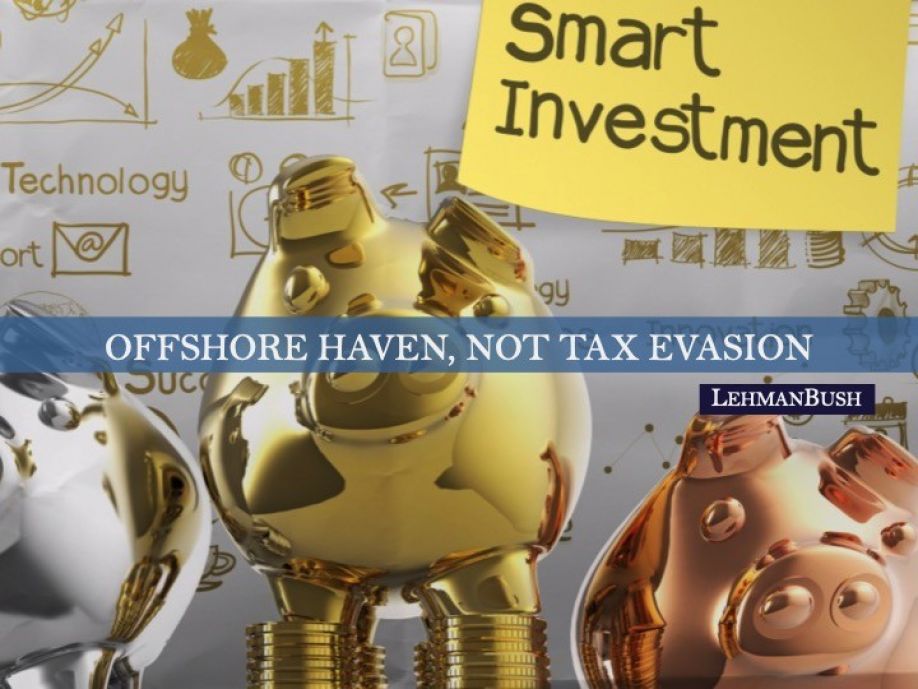
While the majority of the world’s working class puts their savings into traditional bank accounts, some seek to diversity their portfolios, turning toward alternative banking methods to both take advantage of tax abatements, deferments and other means of saving as much as possible over one’s lifespan so he/she can enjoy retirement.
These types of alternatives often include opening an individual retirement account (IRA), purchasing United States treasury securities — ranging from 30 days to 52 weeks for treasury bills, two years to 10 years for treasury notes, and 30 years for treasury bonds — high yield bonds, real estate investment trusts, as well as other more recent vehicles such as peer-to-peer lending, which typically has a higher rate of return, but involves investing in personal loans issued to consumers.
Despite the assumption that offshore tax havens are accessible only to the global elite, taxpayers of every stripe can use these alternative vehicles just like any of the other aforementioned options.
"There is this pervasive idea that offshore havens are where illicit or ill-gotten gains are kept, away from governments," says Jimmie Jeremejev, managing director at LehmanBush. "This has been reinforced in the wake of revelations such as the ‘Panama Papers.’ But what we are talking about is a means of holding assets in a jurisdiction with advantageous tax laws."
These types of havens provide banking services to individuals who want to hold their assets offshore, and in addition to having easily accessible bank accounts and trusts; it’s also easy for individuals to establish offshore corporations.
There are many different vehicles that individuals can utilize to properly manage money or property in foreign entities, including:
In China, what has happened in the wake of economic slowdown is an uptick in alternative investment vehicles, particularly those offshore, as the government has looked to the country’s tax base to replenish funds.
In 2019, the government began a tax on global income from all holders of "hukou" household registrations regardless of whether they have any additional nationalities.
Additionally, China adopted the Common Reporting Standard (CRS), an information standard regarding bank accounts on a global level between tax authorities, which has the potential to severely affect China’s high net worth individual population.
The CRS reporting means overseas assets, bank accounts and shell companies are easier to track, as foreign governments will share the information with domestic authorities.
According to Bobby Afshar, managing director at LehmanBush, Chinese investors from all socioeconomic backgrounds are looking for safe and secure means of protecting "nest eggs," and trying to build a portfolio that can be passed on to the next generation.
"The trust structure we put in place for China investors allows clients global 24/7 access to assets, complete with U.S. bank accounts, minimal basis on investment income, no CRS reporting, and a vehicle where the client acts as their own trustee," says Afshar.
Jeremejev and Afshar argue this type of product differs substantially from the tax evasion systems in place that mire the system in stereotypical troupes of shielding money from governments, such as those in Bermuda and the Cayman Islands, which both offer full protection for corporate profits, Switzerland, which allows wealthy individuals to shield both their income from taxes and their identity from prying eyes, as well as the British Virgin Islands, which has no sales, corporate, capital gains, inheritance or estate tax.
"We aren’t offering our clients the option to game the system," says Jeremejev. "The purpose is to help save money, and build on an investment. And that’s what we do with clients."
Courtesy of linkedin.com